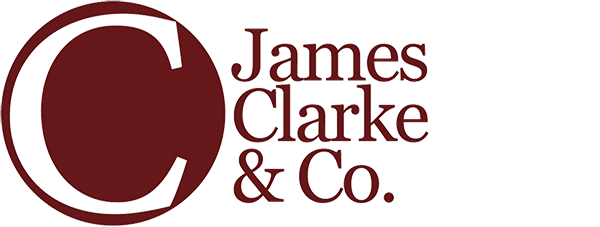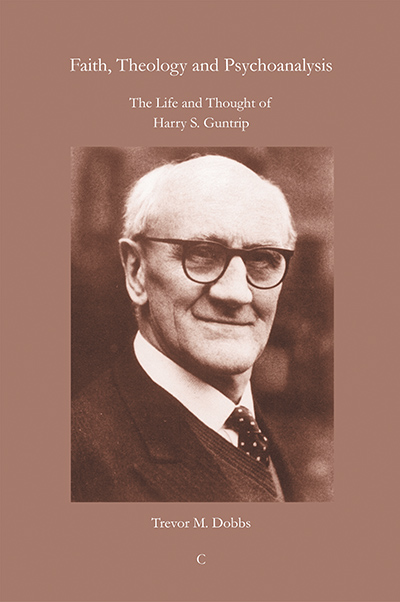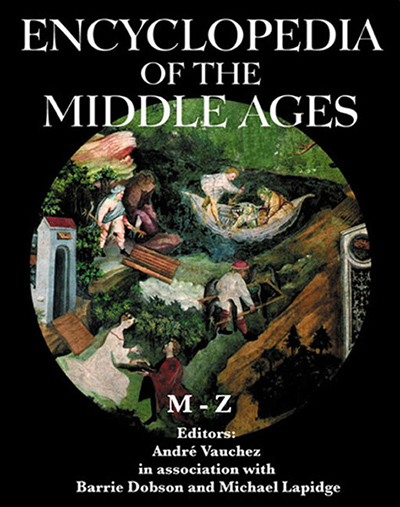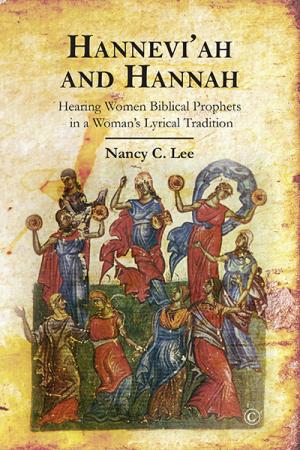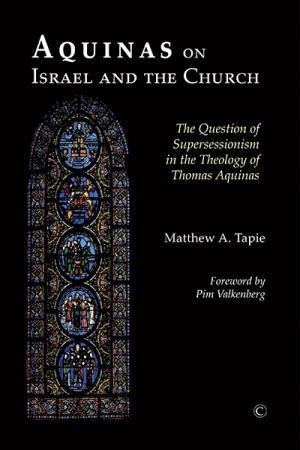Description
In the dialogue between psychoanalysis and religion, the focus has most often been on the role of psychoanalytic elements in religious thinking and practice. The converse side of the relationship – the degree to which religious thought has influenced the development of psychoanalytic theory and practice – has in comparison been largely neglected. Faith, Theology and Psychoanalysis redresses the balance, bringing the latter perspective into dramatic focus through its careful examination of the thought and teaching of psychoanalyst and Congregational minister Harry S. Guntrip.
Guntrip was perhaps best known for his affiliation with Ronald Fairbairn and Donald Winnicott, two famous practitioners of what is known as the British Independent tradition of psychoanalysis. This book traces the various influences on the development of his clinical and theological thinking in context of the historical tension between religion and psychoanalysis. The central feature of Guntrip’s development is explored as a series of polarities, both theoretical and personal, conflicts with which he wrestled theologically, psychologically, and interpersonally on the professional level and in his own personal psychoanalyses.
Through this analysis, Dobbs shows how the dialogue between psychoanalysis and religion is much more of a two-way conversation than is commonly realised. Faith, Theology and Psychoanalysis is a valuable contribution to the study of the relationship between the theological and psychological disciplines.
